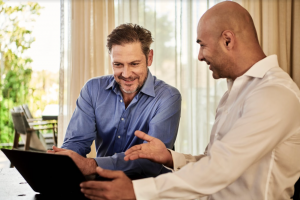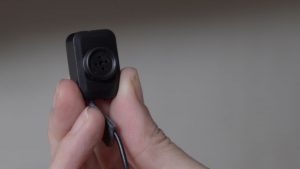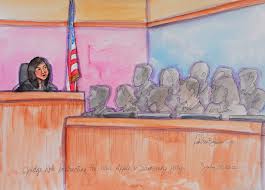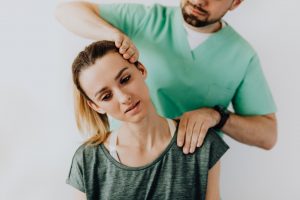
You may remember I wrote recently about the Georgia Supreme Court’s opinion in Nuckles v. State, 853 S.E.2d 81 (December 2020) in which the Supreme Court made it crystal clear that a loved one has the absolute right to place a hidden camera in a loved one’s room in an assisted living facility or long-term care home and that video from such a camera is admissible in court. And, of course, it should be. The resident or patient is considered an “occupier” of that property, i.e., his or her room, and may videotape what occurs on his “property.” Nuckles is a well-reasoned, common sense opinion authored by Judge Carla Wong McMillian and concurred in by all the other members of the Georgia Supreme Court, except Justice Warren who simply didn’t participate in the opinion for some reason.
That you should be able to videotape what treatment your loved one is getting in a long-term care home, and then when that videotape shows abuse by a caregiver, that you should be able to admit such videotape into evidence at trial does not seem to be a partisan or political position at all, does it? Don’t both Republicans and Democrats alike want the very best care for their aging loved ones and don’t Republicans and Democrats alike want to hold someone who would abuse their loved one accountable? That only makes sense, doesn’t it?
Well, not so fast. Enter the Republican-controlled Georgia House of Representatives and the Republican-controlled Georgia Senate with the help of the nursing home lobby. The Georgia Legislature decides it’s not such a good idea to be able to hold abusers accountable through hidden camera videotape, taken in the resident’s own room (their “castle” so to speak) and file a bill to undo Nuckles. This march to overturn Nuckles legislatively only two months later started with HB 605. This bill actually provided for criminal prosecution of anyone who set up a “nanny cam” in their loved one’s long-term care room. So imagine this: your parent suffers from dementia and lives in an assisted living home. You suspect he is being abused both physically and emotionally by the staff, so you set up a hidden camera to see how they treat him while you are not present. Sure enough, your “nannycam” video shows a staff member slapping your parent. You want to bring criminal charges against the person for abusing your parent. But HB 605 would have actually authorized criminal charges against you! That bill passed the House. So on to the Senate. It was placed on the calendar to be voted on on the last night of the General Assembly session. There, Senator Jen Jordan, and several other open-minded Senators, successfully amended the bill to eliminate the criminal prosecution provision in the scenario I laid out above. So the Senate passed that bill as amended. Now back to the House, during the final hours on the final day of the 2021 session. But once the piece in the bill making it illegal to have hidden cameras was no longer in the bill, the bill lost its only reason to exist in the first place! No need to pass a bill that essentially says nothing. The folks behind this bill wanted a law against hidden cameras because they can be used to hold these homes and “caregivers” liable for harming their residents. The House refuses to agree (by the narrowest of margins) to the Senate Substitute and so no law passes. The vote on this was 88 against and 77 in favor, so only an 11 vote margin. This law now is still out there to be picked up again by the Legislature when they begin their 2022 General Assembly Session.
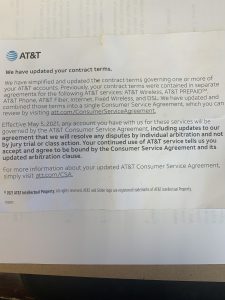
 Atlanta Injury Lawyer Blog
Atlanta Injury Lawyer Blog







